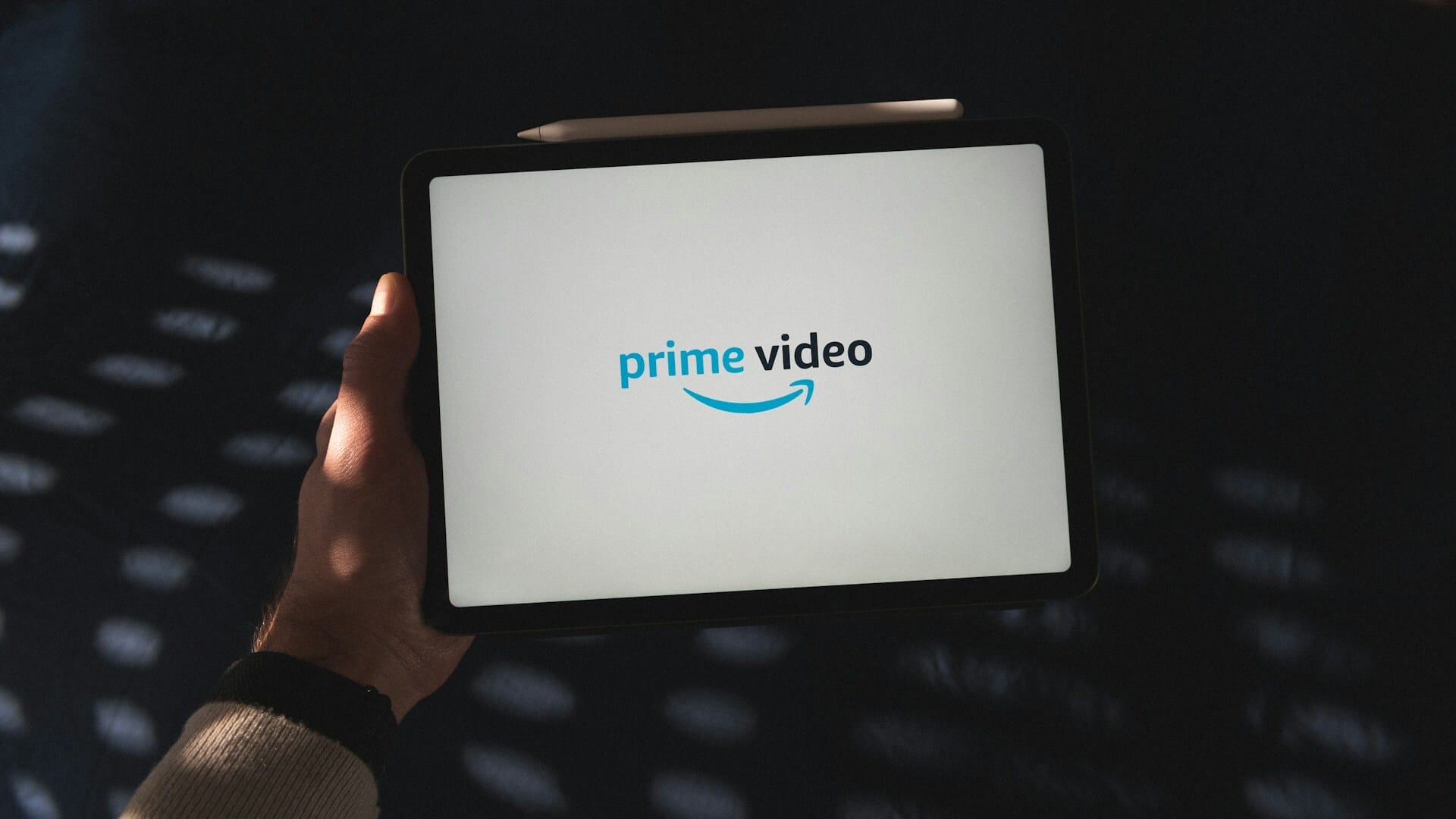Amazon Prime Video revises subscription tiers, adds extra charges for Dolby Vision and Atmos
Amazon Prime Video now charges extra for Dolby Vision HDR and Dolby Atmos surround sound, alongside the introduction of ads.

In a significant move, Amazon Prime Video has revised its subscription model, introducing additional fees for access to Dolby Vision HDR and Dolby Atmos surround sound. This change accompanies the recent introduction of advertisements to the platform, marking a notable shift in Amazon’s streaming service strategy.
Table Of Content
Subscription changes and user impact
As a regular user of Amazon Prime Video, you might have noticed a downgrade in your viewing experience. Previously standard features like Dolby Vision HDR and Dolby Atmos surround sound are now exclusive to an ad-free subscription. This policy update was initially reported by 4KFilme and subsequently confirmed by Amazon spokesperson Katie Barker to The Verge.
If you wish to enjoy these premium features, you’ll now need to opt for the ad-free subscription at an additional cost of US$2.99 per month. This adjustment places Amazon Prime Video in a different pricing bracket than its previous model, where these high-quality features were included in the base subscription.
Comparison with other streaming services
This pricing strategy invites comparisons with other major players in the streaming market. For instance, Netflix charges US$22.99 per month for its 4K tier. In contrast, Amazon Prime Video, initially only available with an overarching Amazon Prime subscription, now requires an 18% increase in expenditure for ad-free, high-fidelity viewing.
The standalone Prime Video subscription is priced at US$8.99 per month. Adding the new US$2.99 fee for enhanced features results in a total of US$11.98 per month, a 28% increase for subscribers choosing this option. For those who prefer ad-supported viewing, the US$8.99-per-month tier remains a competitive option, notably less expensive than Disney Plus, with ads at US$9.99 per month. Netflix also offers a 1080p service with ads, priced at US$6.99 per month.
The evolving streaming market
This move by Amazon reflects the changing dynamics in the streaming industry, where service providers are continuously adjusting their offerings and pricing structures. As a consumer, it’s crucial to stay informed about these changes, as they directly affect your viewing experience and the value you derive from these subscriptions.
The landscape becomes increasingly complex as streaming platforms diversify their services and introduce additional charges for premium features. This scenario underscores the importance of comparing services and understanding the cost implications before choosing a subscription.
In summary, Amazon Prime Video’s decision to charge extra for Dolby Vision and Atmos and introduce ads marks a significant shift in its service model. This change aligns with broader trends in the streaming industry, emphasizing the need for consumers to stay informed and considerate of their subscription choices.















